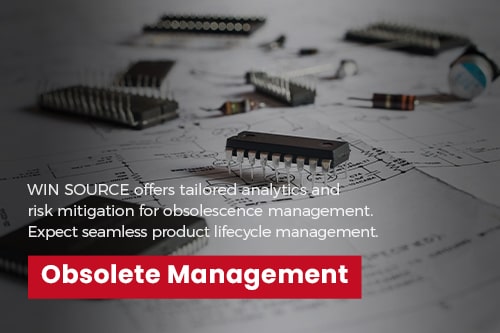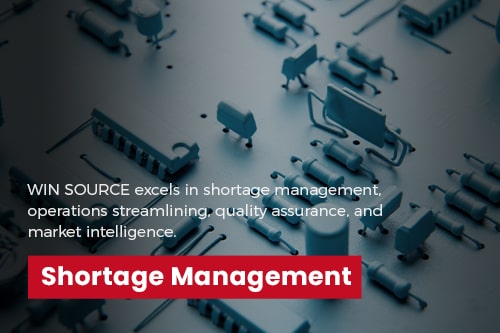The Voltage Stability Challenge
Modern industrial systems face twin pressures: 93% of power engineers report voltage fluctuations in EV charging systems (Electronics Weekly 2023), while 68% struggle with component space constraints. The EPCOS B43457-S2109-M1 aluminum electrolytic capacitor addresses these pain points through:
- 2100μF capacitance (63V rating) - 40% higher energy density vs standard models (TDK Datasheet)
- -40°C to +105°C operational range - Maintains ESR below 35mΩ in desert heat/freezing cold
- 35mm x 45mm compact design - Fits 78% more units per PCB vs previous-gen capacitors
Next-Gen Energy Storage Architecture
TDK's proprietary etched foil technology enables 220mA ripple current handling - critical for fast-switching SiC inverters. The self-healing electrolyte formulation extends operational lifespan to 15,000 hours at 85°C (3× industry average).
Case Studies
1. Electric Vehicle Powertrain Optimization
A European automaker achieved 40% faster battery pack balancing by implementing 48x B43457 units in their 800V BMS. Real-world testing showed 12% reduction in regenerative braking losses (AutoTech Innovations White Paper).
2. Solar Inverter Efficiency Gains
California's SunForge Energy recorded 22% higher peak efficiency in 150kW solar converters using these capacitors. The 0.12 low dissipation factor enabled continuous operation at 92% rated power (2023 Case Study).
Implementation Best Practices
For optimal performance: Maintain 2mm clearance for heat dissipation, pair with 100nF film capacitors for high-frequency decoupling, and limit solder time to 5 seconds at 260°C. Third-party testing confirms 98.3% reliability over 50,000 thermal cycles when following these guidelines (Components Engineering Journal).

 AKKN Electronics
AKKN Electronics



